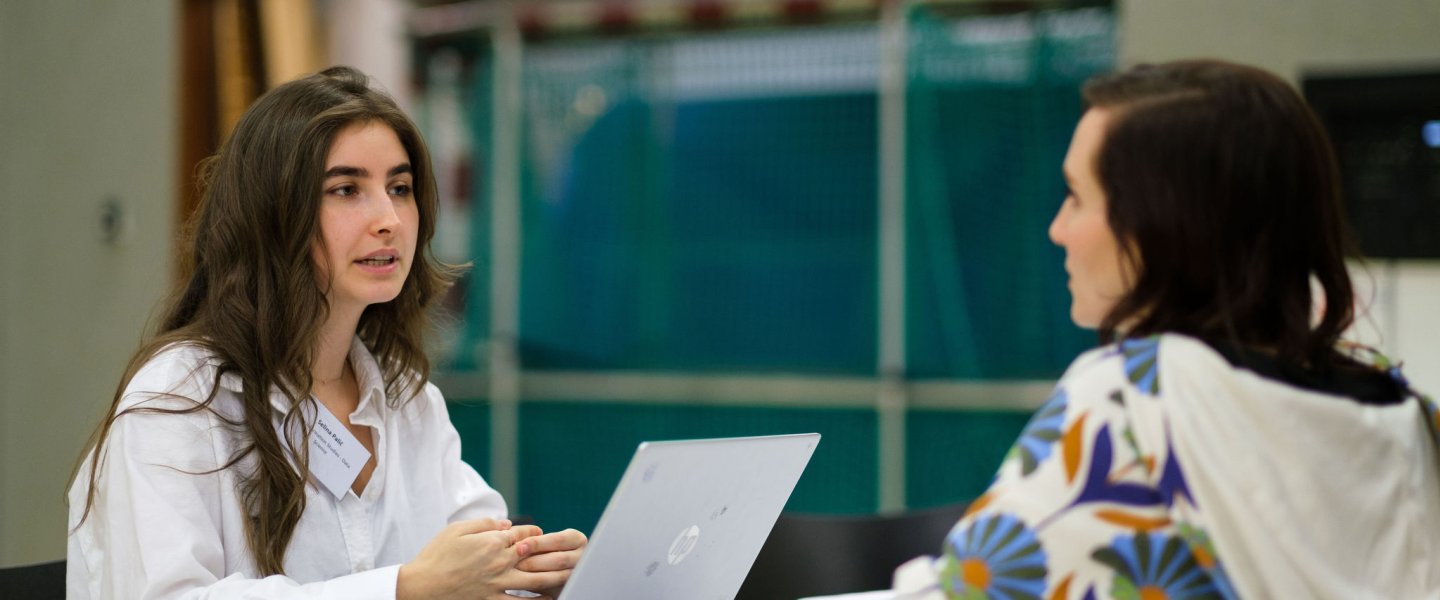
Unlocking Opportunities: The Thesis Fair Connects Organisations and Talented Students
The Thesis Fair has been held at Science Park since 2011. The event has resulted in many collaborations between students and companies. But what is the concept behind this event? We had the opportunity to interview Yasmin Santis, the Thesis Fair manager, to delve into the details.
Developed initially 12 years ago for students in the Masters programme Software Engineering, the Thesis Fair has since grown and is now available to 5 programmes in The Graduate School of Informatics (GSI). Each year, approximately 350-400 students and over 200 representatives from research and industry participate, making it a highly anticipated event.
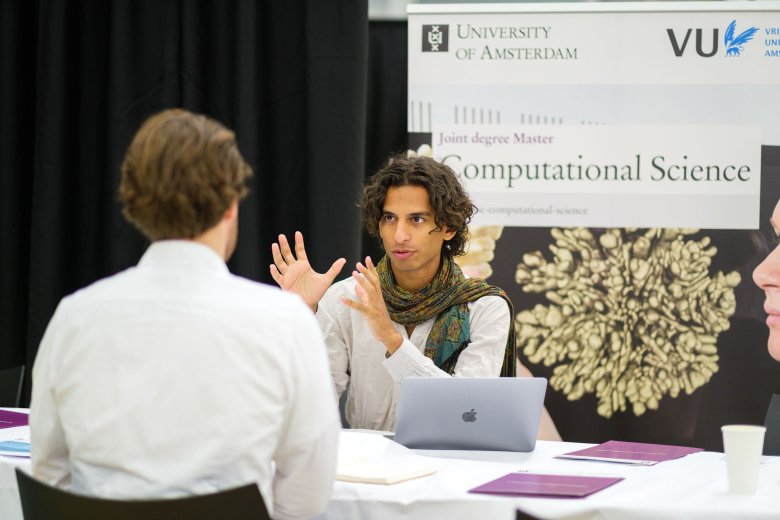
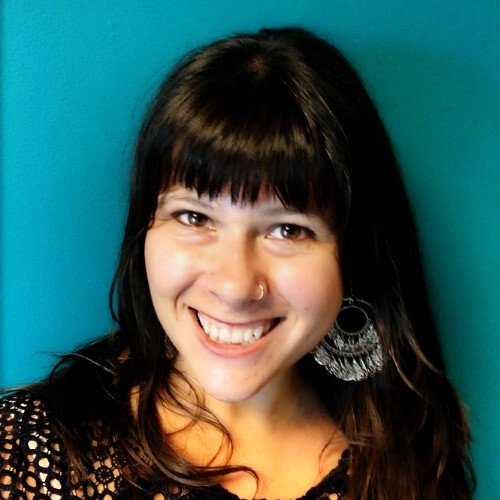
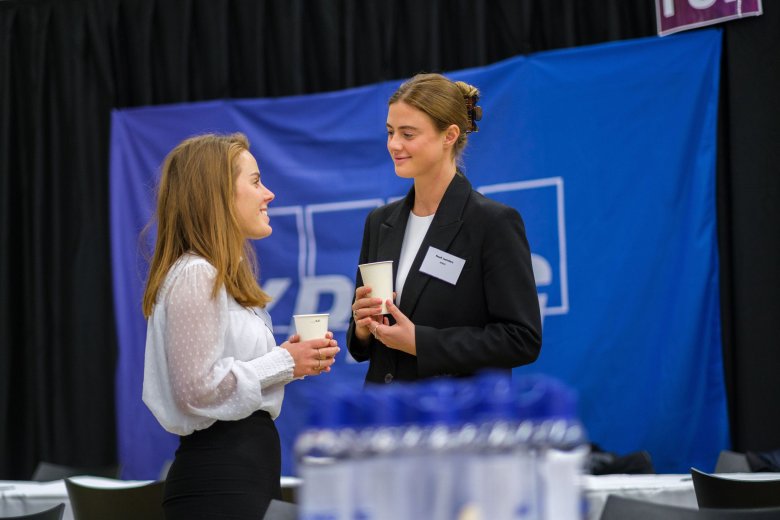
Originally from California, Yasmin arrived in the Netherlands in 2014. She obtained a Master's degree in Conflict Studies and Human Rights from Utrecht University and subsequently joined Laureate, an online education company affiliated with the University of Liverpool. Since January 2019, she has been serving as the Thesis Fair Manager and Educational Planner for the Informatics Institute (IvI) at the University of Amsterdam (UvA).
What led to the creation of the Thesis Fair?
"Previously, Masters students in the GSI conducted their graduation projects within research groups from IvI or the Institute for Logic, Language, and Computation (ILLC). Or, alternatively, they pursued external projects independently. However, at one point the MSc Software Engineering programme encountered a shortage of research projects.
In response to this, the programme decided to seek graduation projects from sources beyond academia. Thus, during the first Thesis Fair, MSc Software Engineering students were connected with external organisations and companies for their graduation projects. This approach proved highly successful and remains the primary objective today even after 11 years."
How does the Fair operate?
"Organisations have the opportunity to submit projects in advance, adhering to the specific requirements for each MSc programme. For instance, a company may submit a project in the field of Artificial Intelligence, or perhaps, one that aligns with both Software Engineering and Data Science.
These projects undergo initial assessment by myself and my colleague, followed by evaluation from the relevant academic experts involved in the respective programmes. Ultimately, the aim is to provide students and external organisations participating in the Fair with an opportunity to determine if they are a potential match."
The significant advantage for organisations is gaining access to our talented students. It's important to remember that recruiting graduates in these fields of study can be a costly endeavour.
Do you ever reject projects?
"Certainly. At times, we may seek clarifications for certain projects. If sufficient clarity cannot be ascertained, we do reject those projects. After all, not every project is suitable for a Masters thesis."
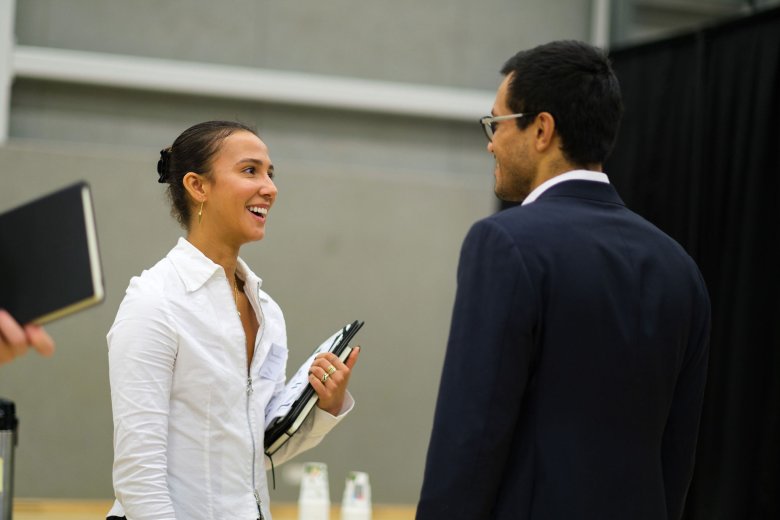
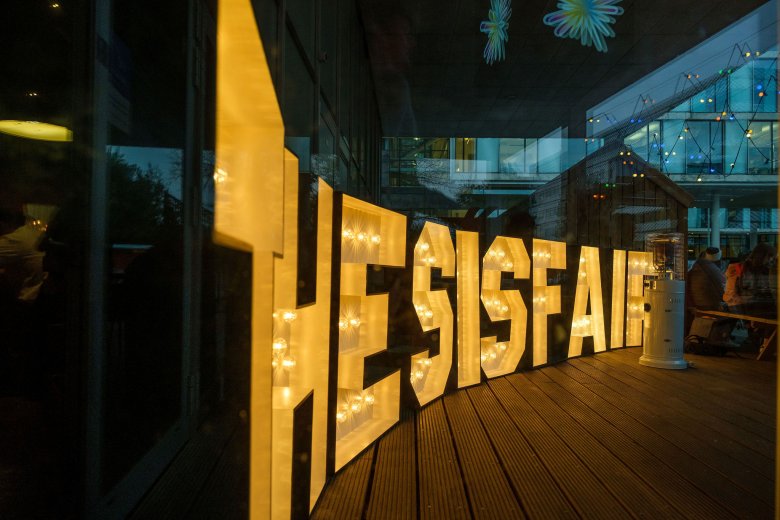
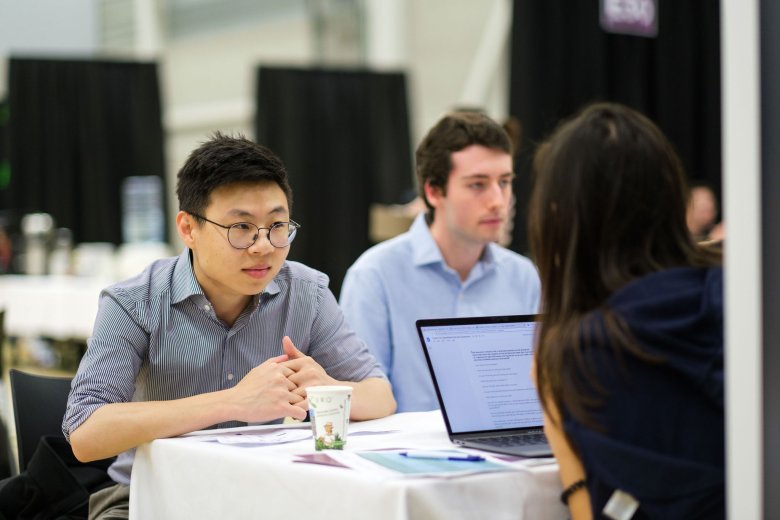
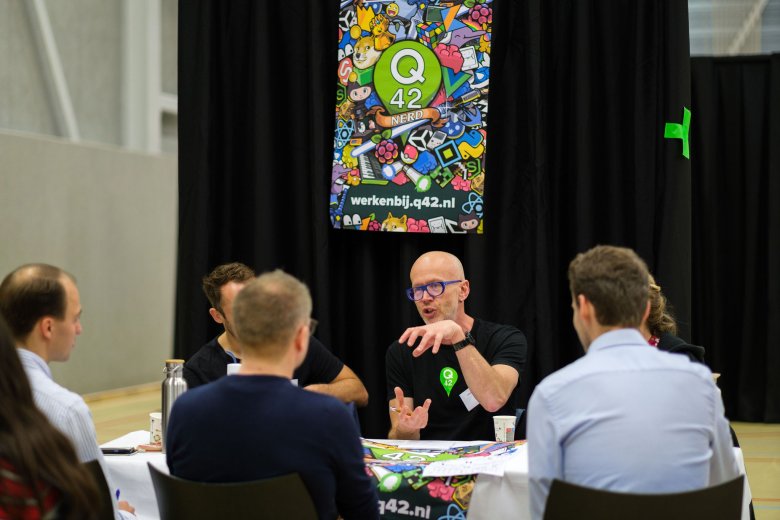
After project approval, what is the next step?
"The approved projects are showcased to students on an online Marketplace. Students can then vote for projects and create their own list of preferred organisations to meet during the Fair. The organisations have designated booths, providing students with the opportunity to meet with every booth they desire during a structured three-hour Open Fair."
Which organisations participate?
"We have established a robust network of organisations that participate every year. Notable participants include the Amsterdam Municipality, the National Police, and both the Amsterdam and Utrecht Medical Centres. Furthermore, larger organisations such as KPMG, Deloitte, and KLM, as well as smaller organisations like 3DUniversum, Avalor AI, Beyond Sports, and Software Improvement Group, actively take part."
"The demand for individuals with expertise in AI, Software Engineering, Data Science, etc., is incredibly high."
What do organisations gain from participating?
"The significant advantage for organisations is gaining access to our talented students. It's important to remember that recruiting graduates in these fields of study can be a costly endeavour. Moreover, the demand for individuals with expertise in AI, Software Engineering, Data Science, etc., is incredibly high."
How much does it cost for an organisation to participate?
"The cost of participation varies depending on the type of company or organisation. Start-ups, scale-ups, non-profit organisations, and government entities are charged €200, while medium-sized organisations are charged €700, and large organisations are charged €1500. Hospitals, however, are exempt from any fees. Additionally, organisations that rent an office in LAB42 are eligible for a 25% discount."
When can organisations submit their projects and how can they express their interest?
"We begin sending out invitations to our network in June, providing organisations with the opportunity to submit their projects throughout the entire summer. If your company is interested in participating, please fill in the form underneath this Thesis Fair collaboration article or visit our website for further information."